Words added to the dictionary in the 21st century
All languages are constantly evolving. In fact, English spoken 500 years ago would not even be understood by English speakers today. However, the rise of the internet and social media has probably made English develop faster than ever. Especially as over half of all web content is in English…
Here we have put together a collection of words that have been added to the dictionary in the 21st century. Any familiar to you?

Photobomb
Have you ever deliberately entered into a photo without being asked? Or perhaps you have pulled a funny face without the photographer noticing? If so, then you have photobombed. This internet-inspired word was first published in the 2012 version of the Oxford dictionary.
I find it so tempting to photobomb tourists walking around London…
Comfort Zone
This term entered the Oxford dictionary in 2001. It refers to a (normally metaphorical) space in which someone feels comfortable. It can be used in a positive or negative way. In a negative manner, it suggests that someone isn’t challenging themselves enough:
John, this week I want you to write about something new – step out of your comfort zone!
To Google
Although google is the name of the search engine, and company that started in 1996, when it was added to the Oxford dictionary in 2006, it wasn’t as a noun, but as a verb! To Google has become more and more common to refer to ‘searching on the internet’, and has since surfaced in many other languages, such as the Spanish guglear.
– Amy, do you know what the capital of Zimbabwe is?
– No, but we can google it.
Mocktail
This word will be useful for you if you are on antibiotics, or if you are pregnant, or if you are driving! As you probably know, a cocktail is a drink that is usually made using a blend of alcohols and juices. The word mock is a synonym of fake. Thus, a mocktail is a delicious drink made to resemble a cocktail, minus the alcohol.
– It’s Friday! Let’s go for some cocktails after work!
– I don’t drink!
– Mocktails then?
Hangry
This word, that has been used as a slang term for many years, was added to the Oxford dictionary this year. As you might be able to guess, it is a portmanteau; a mix of two other words. It refers to someone becoming angry due to the fact that they are hungry.
Whenever Michelle’s midday meeting carried on into her lunch break, she became hangry.
Brexit
A portmanteau of Britain and Exit; Brexit is a word that refers to the United Kingdom leaving the European Union. Brexit was added to the dictionary in 2015, a year before the referendum that confirmed that Brexit would become a reality.
The biggest news in the UK today is Brexit, just like it was last week, and like it will be next week.
Sick / Wicked / Bad
Ready to be confused? All of these words have existed in the dictionary for centuries, however, they have all had an addition to their lists of meanings. Despite being negative words, these words are used informally to mean exactly their opposites – with sick and wicked being used to mean excellent in the UK, and bad to mean good in the US. Note: this is very colloquial, and is only ever used in speech.
“That is a sick jacket, bro!”
“Josie makes some wicked brownies.”
“Snoop is the baddest rapper in Cali.”
Fake News
Unless you’ve been in a coma for the last two years, you will have heard the term fake news used more and more. It isn’t in the Oxford dictionary yet, however, dictionary.com, which added the term last year, describes it as “false news stories designed to be shared online for the purpose of generating ad revenue or influencing politics”. This is very different to how President Trump uses the term – to mean “any news that I don’t like”
If you are going to share something on Facebook or Whatsapp, make sure it isn’t fake news first!
Do you use any of these terms? Can you think of any other terms that have been, or should be, added to the dictionary? Let us know in the comments section below!
Podcast: Play in new window | Download

